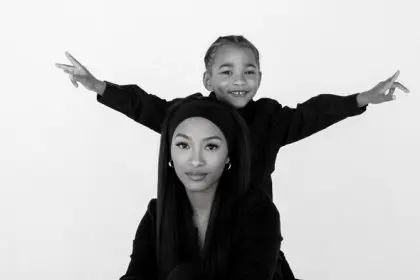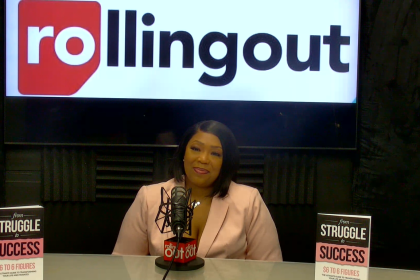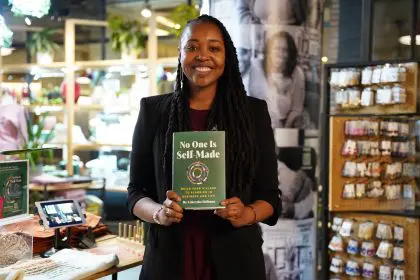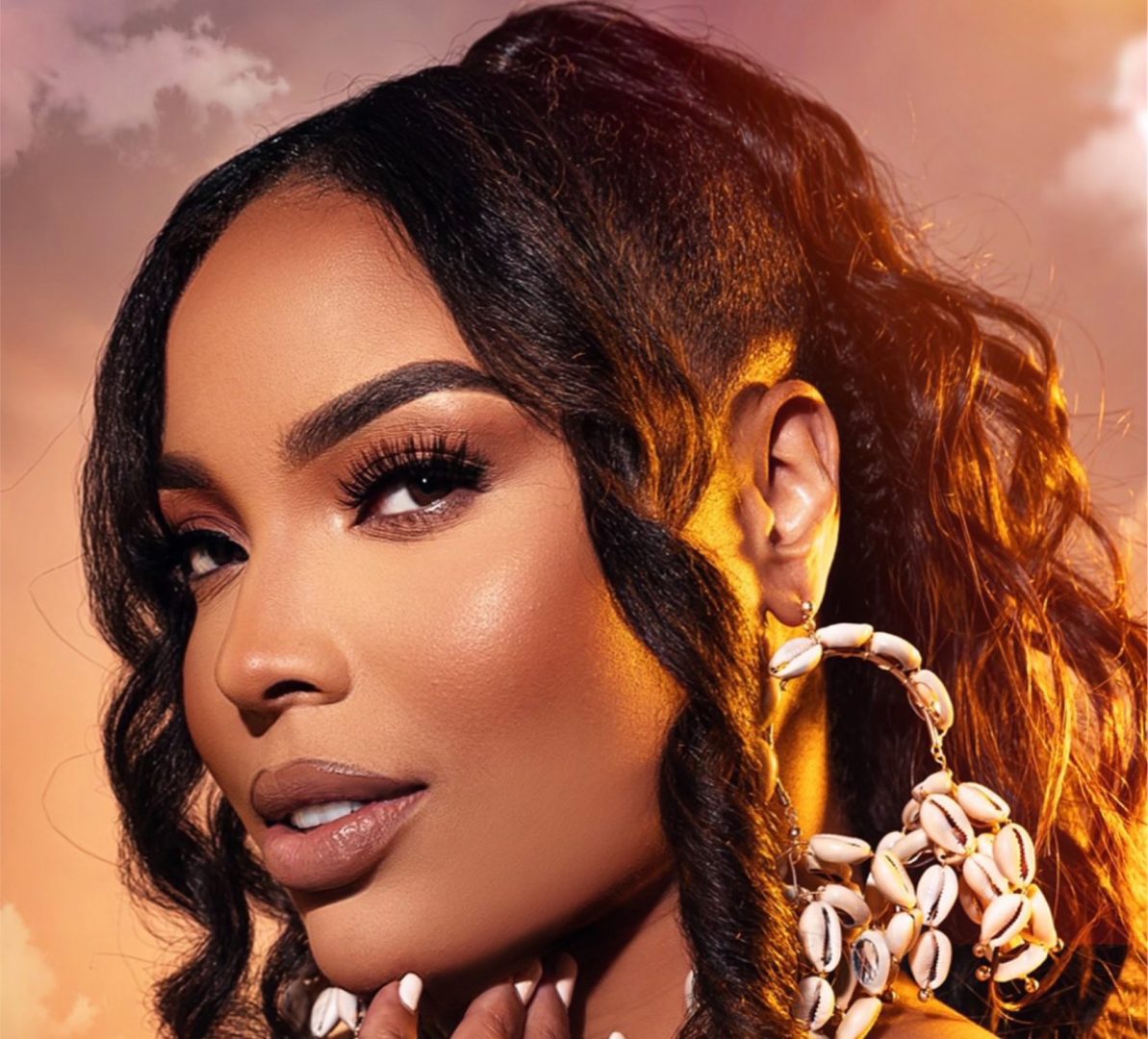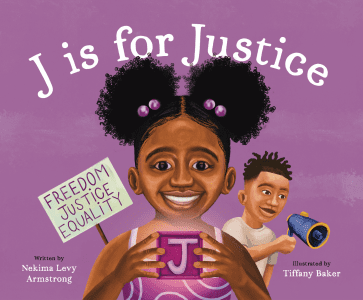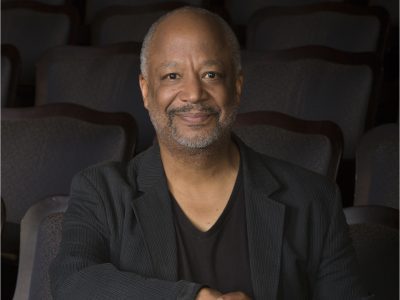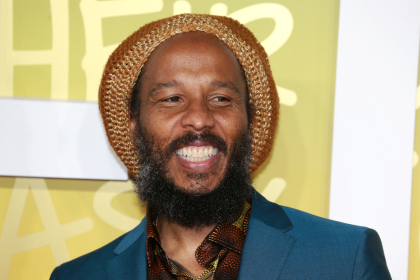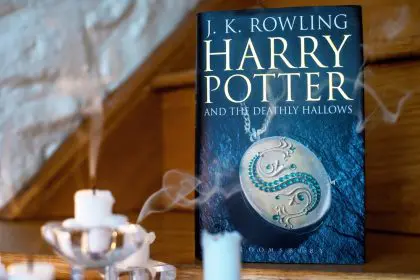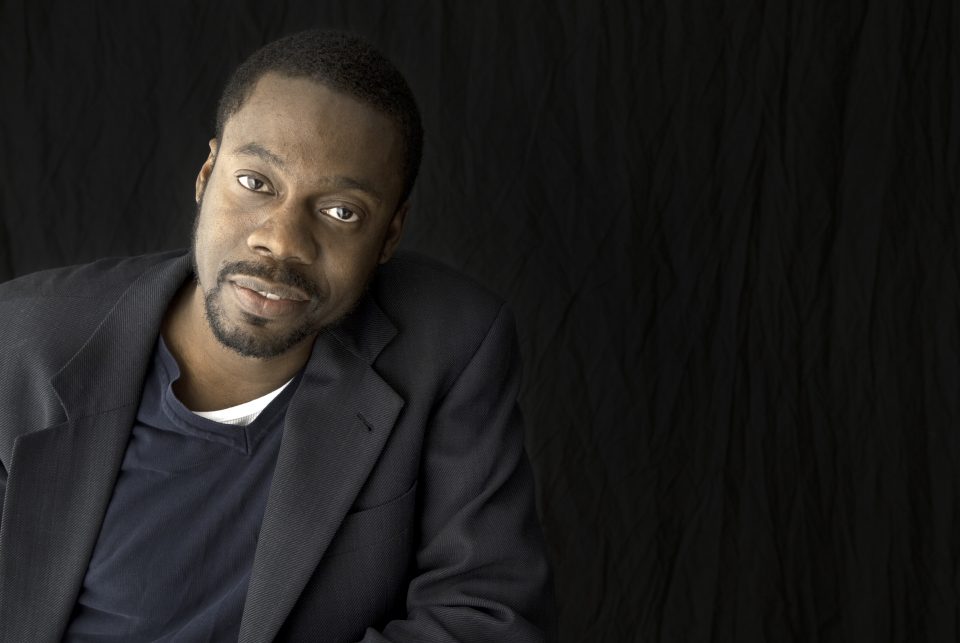
Doug E. Doug is an actor and comedian who has been in the industry for three decades. During his career, the Brooklyn native, whose real name is Douglas Bourne, has also established himself as writer and producer with a flair for both comedy and drama. His acting career began with his debut role in the 1993 Disney film Cool Runnings, and since then, he has been featured on movie and TV screens in Mo’ Better Blues, Class Act and “Law and Order: SVU,” to name a few.
He recently released his first book, The Fall of ’87: A Dope Novel, which follows 19-year-old Joe Thomas Jr. as he tries to solve the murder of his brother in his drug-ridden New York neighborhood in the 1980s. Rolling out spoke with him about his debut novel and the inspiration behind his journey to become an author.
How did you get your start in the entertainment industry?
I started as a stand-up comedian in Harlem, working at the Apollo at this place called the Uptown Comedy Club, which some of the comedians of the future came out of. I just was nurtured by the community you know, people saying, “Oh, you funny man, you should do this, you should do that.” I started out seeking to be a comedian and I distinguished myself relatively quickly. People started recognizing what I was doing and giving me opportunities to be in films, and the first two or three years just took off.
What led you to give a voice to the quiet and the shunned in this book?
The central goal is to try to give voice to those people [who are] perceived to be untouchable. The virus must’ve hit the community for years and years because there’ve been a lot of people that have been untouchable. Now the rest of the population gets to feel the fire of what happens when somebody is marginalized, stigmatized and out here trying to just live but everybody’s moving away from them and acting like they have something. That’s the Black male experience personified, particularly when it comes to that stop-and-frisk age [of] 14 to 24. Just having lived through that, I felt like I can’t really live through it until everybody else lives through it. I come from the each-one-teach-one era, where once you get past something, you gotta turn around and try to see if you can give people tools and tips on how to survive.
How did you develop the characters?
I spent most of the time focusing on the characters and making sure they have backstories. Like how an actor prepares for a role, you have to think about some of the things in the background like who their mother is, what they do, and try to bring the character to life. The same thing is true with a novel. I thought about things that I may or may not have included in the book, but they were informing the story. I had to do that because I wanted to create characterizations that were distinct.

